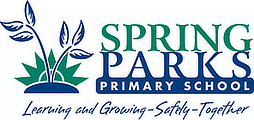Educational Programs
Numeracy
Mathematical competence enhances a student’s understanding of the world and increases a student’s ability to participate effectively in society. An effective Mathematics program aims to provide a sequential, activity-based program which enables student learning through the provision of developmental experiences.
Our Mathematics curriculum encompasses:
- Number and Algebra;
Measurement and Geometry;
Statistics and Probability.
All students will be taught at their point of need through direct experiences to meet their individual needs. Every effort will be made to broaden, as well as extend, the students’ understanding of mathematical concepts. Our classroom teachers ensure that it:
- is delivered in a minimum of 5 hours per week, with a minimum of 3 hours focus on number skills and concepts;
- provides a sequential teaching and learning program in numeracy guided by the Victorian Curriculum;
- caters for the individual ability range of the children and provides extra support through Individual Learning Improvement Plans where required;
- emphasises a strong grounding in knowledge of Number concepts and skills;
- relates to everyday experiences, with real-life problem solving;
- provides ongoing professional development in Mathematics which extends theory and practice;
- builds upon previous learning;
- encourages estimation and approximation skills;
- encourages parental participation in activities designed to develop a greater understanding of current approaches to mathematics;
- includes the use of ICT;
- makes links across all discipline-based subjects.

Literacy
We recognise that the three language modes are interdependent.
Reading and Viewing
Reading should be enjoyable and be able to be used to assist with learning. We aim to develop increasing confidence and competence in reading so that our students are able to:
– read fluently, accurately and with understanding at all levels – literal, applied and inferential;
– become independent and critical readers and make informed and appropriate choices.
Writing
Much of students’ learning includes and depends on written communication. We aim to develop increasing confidence and competence in writing so that our students are able to:
– write in a variety of forms for different purposes, using wide-ranging and technical vocabulary and an effective style, organising and structuring whole texts coherently;
– writing clearly using accurate punctuation, grammar correct spelling and legible handwriting;
– apply word processing conventions and understand the principles of multi-media text.
Speaking and Listening
Oral language is fundamental to the development of understanding. We aim to develop increasing confidence and competence in speaking and listening for our students so that they are able to:
– express their ideas and explain their thinking clearly;
– adapt their speech to a wide range of circumstances using varied and specialised vocabulary;
– speak for a range of purposes e.g. to narrate, to analyse, to explain, to reflect and evaluate.;
– listen with understanding and respond sensitively and appropriately.
Our classroom teachers ensure it:
- is delivered in 10 hours per week, preferably in 5 x 2 hour blocks, where reading comes before writing;
- provides a sequential teaching and learning program in literacy guided by the Victorian Curriculum;
- caters for the individual point of need of students;
- provides additional support for students at risk via an intervention program and through Individual Learning Improvement Plans where required;
- draws upon extended theory and practice from attending ongoing professional development in the teaching of English;
- builds upon previous learning;
- includes the use of ICT;
- makes links across all discipline-based subjects.
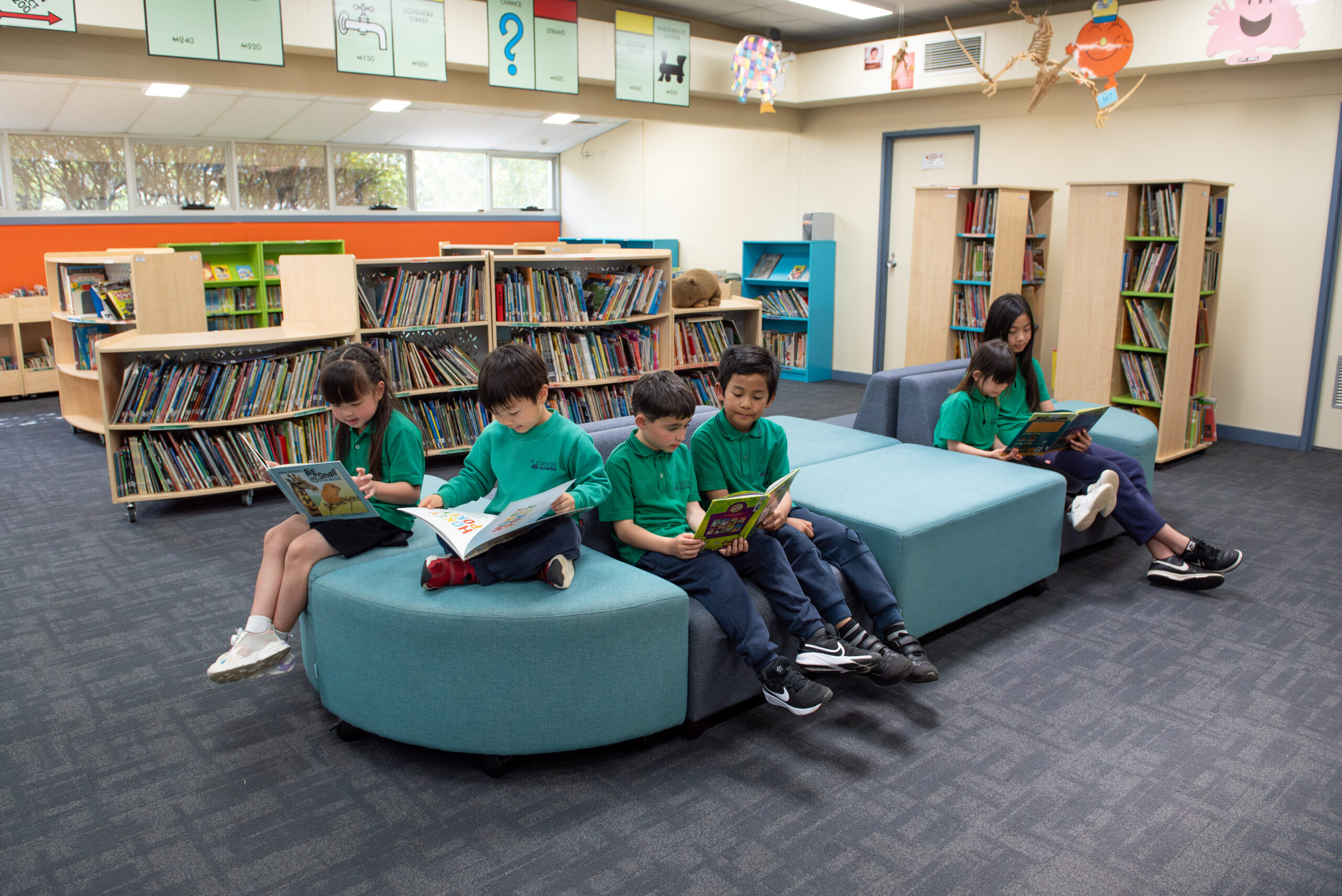
Specialist Programs
Spanish
Spanish is one of the most spoken languages in the world. At Spring Parks Primary School, each class has a one hour Spanish lesson where the students are given the opportunity to develop an understanding of the Spanish language, its speakers, culture and learn about the countries where Spanish is spoken.
Students at each level learn specific skills relevant to their stage of development.
The following are some examples of the learning that takes place at each level:
- Foundation Level – Students begin to use and respond to basic Spanish language related to topics such as self and family
- Levels 1 and 2 – Students start to understand and use Spanish in more structured situations and activities related to self, family, home, classroom and community
- Levels 3 and 4 – Students consolidate their learning and begin to extend their personal vocabulary and knowledge of the Spanish language structures
- Levels 5 and 6 – Students begin to understand, use and extend their Spanish vocabulary within the world of their own experience and imagination
Visual Arts
The Visual Arts program at Spring Parks Primary aims to provide students with opportunities for expression, experimentation and the development of skills leading to an appreciation of art and a sense of achievement. Students at each year level are challenged to further develop their understanding and skills of the elements of design. They are exposed to the works, styles and techniques of famous artists, as an inspiration to further develop their own creativity.
Below are examples of some amazing artwork students have produced at our school.
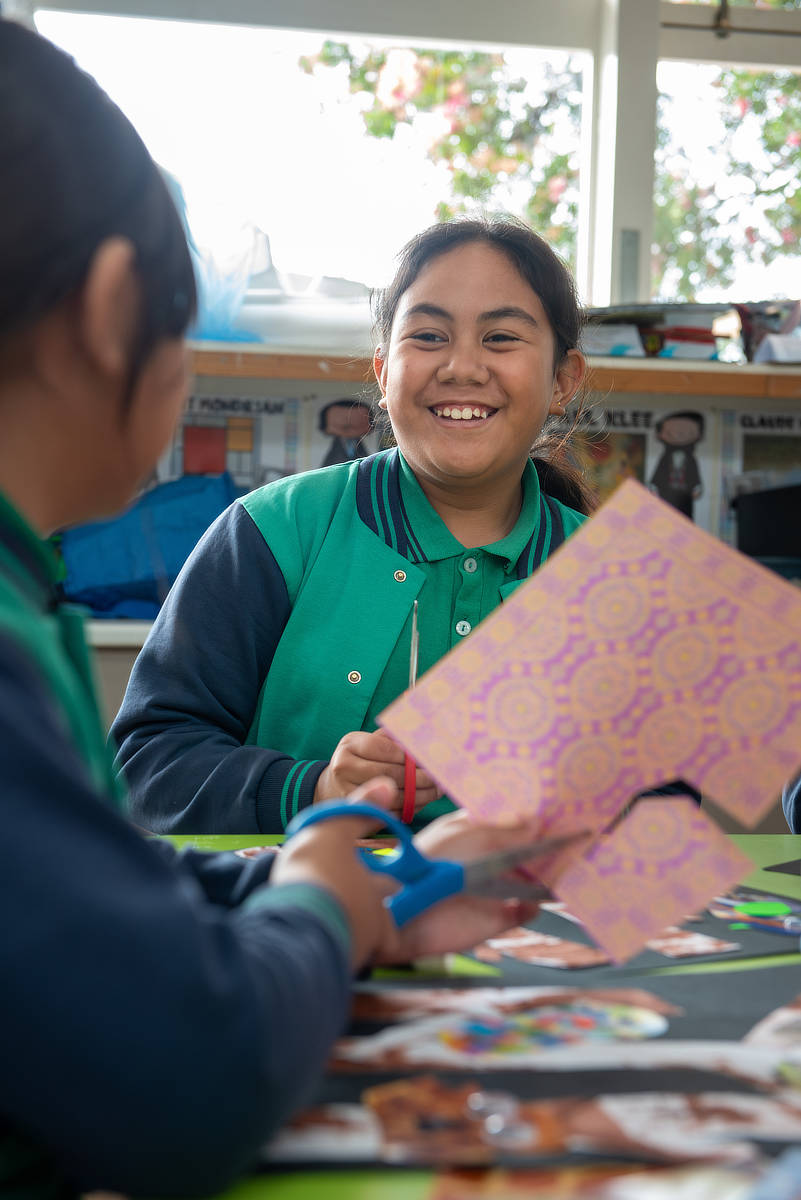
Health & Physical Education
The Health and Physical Education program focuses on students enhancing their own and others health, safety, well-being and physical activity participation.
The curriculum helps to support students to lay the important early foundations of play and fundamental movement skills. It focuses on the acquisition and refinement of a broad range of movement skills, teaching of resilience, decision making, a stronger sense of self, team work and the acquisition of movement skills to enable lifelong participation in a variety of physical activities.
At Spring Parks Primary School all students participate in a 1hr weekly PE class, while students in Grades 5 and 6 also play competition sports (inter-school sports) against other local Primary Schools on a Friday. All students also participate in Health Education lessons with their classroom teachers.
In addition, to our PE program students are also involved in school programs such as
- Athletics
- Cross Country
- 2 week intensive Swimming Program
- After school sporting programs held at school (Sporting Schools)
- Clinics from outside sporting associations (AFL Football Clinics, Basketball clinics etc).
- Just Get Active
- Smart Moves
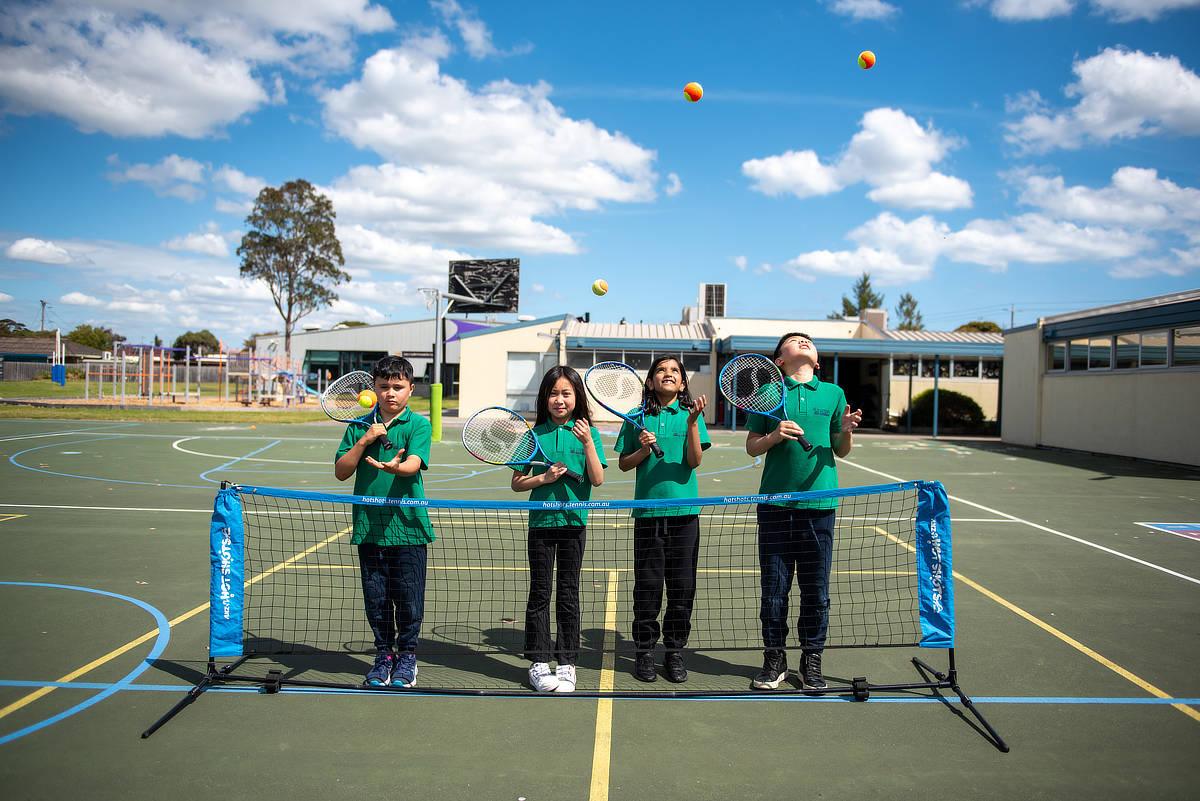
Performing Arts
At Spring Parks Primary School we involve students in many different forms of dance and drama. These opportunities can help students to consolidate their understanding of the curriculum, develop team building skills, and are lots of fun! The teachers see the increased confidence students have to speak and be involved in the class following performance opportunities.
This year students are participating in the following:
- Assembly Performances
- STOMP Performances at our School Concert (Term 3)
Music Lessons
We are pleased to offer music lessons in piano and guitar through Creative Music. This is a user pays system. For more information see the Creative Music website https://www.creativemusic.com.au/default.asp or contact the front office for an expression of interest form.
STEM – Science, Technology, Engineering, and Mathematics
From the beginning of 2023 we are excited to offer a new specialist subject for all our students, STEM. STEM is an integrated, project based subject where students draw on a range of disciplines, and use an inquiry cycle methodology, to solve real world problems. This includes drawing on skills and knowledge from a range of areas such as science, technology, engineering, and mathematics, as well as developing and applying their critical and creative skills.
We look forward to seeing the solutions our students create in 2023 and beyond.
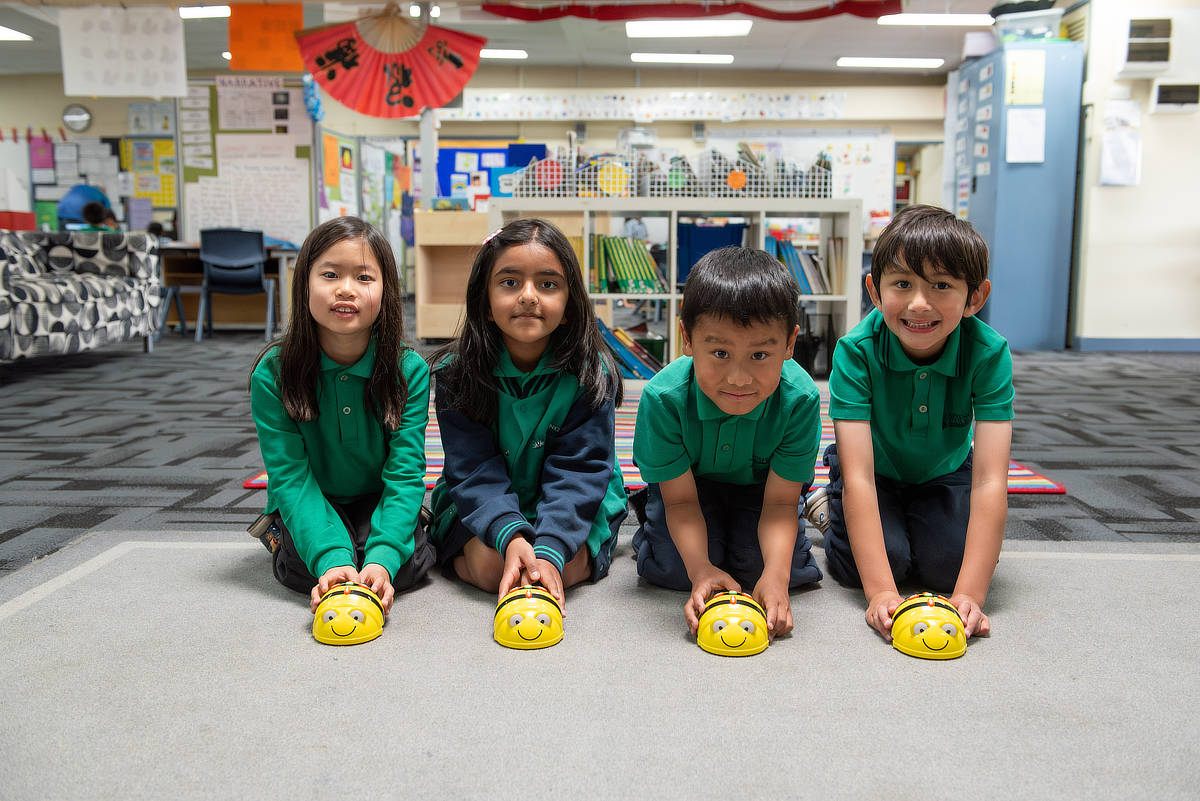
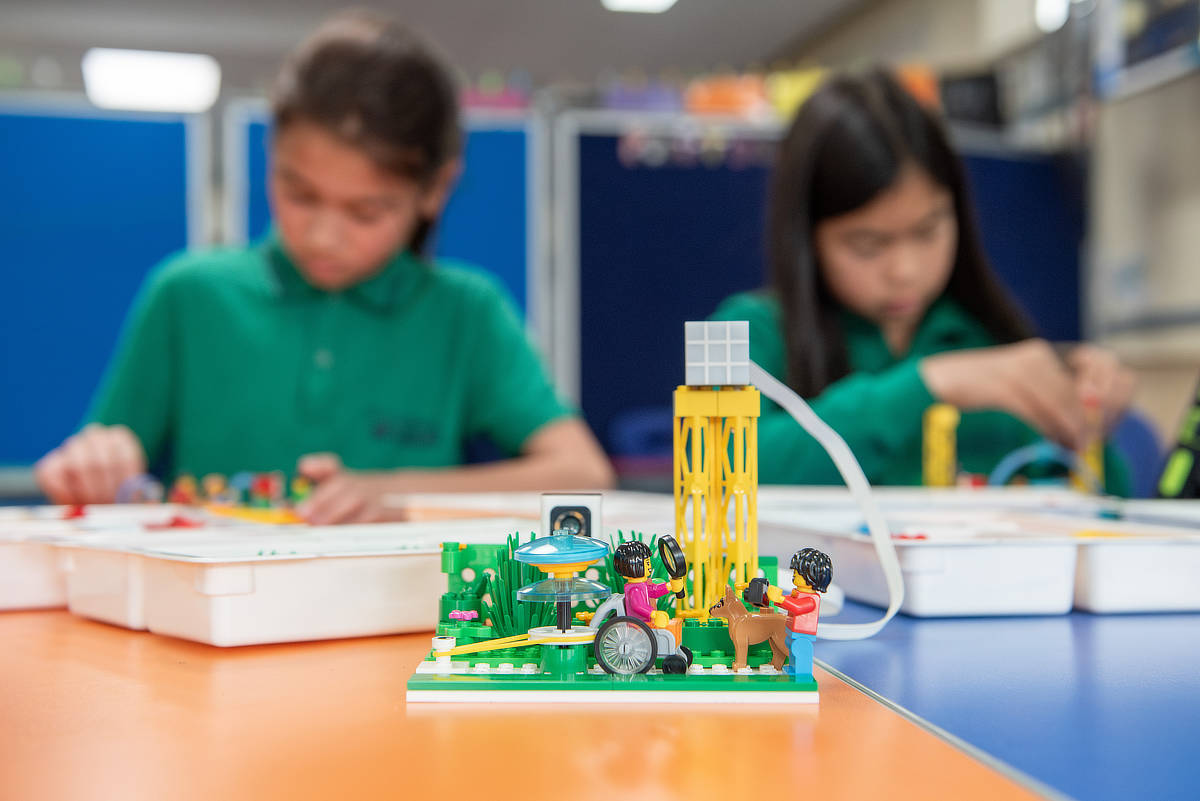
Wellbeing
Respectful Relationships
The Respectful Relationships Program implemented in schools aims to foster a positive and inclusive environment for students, emphasising the importance of healthy interpersonal connections. This comprehensive initiative goes beyond traditional academic subjects, focusing on developing essential life skills such as empathy, communication, and conflict resolution. Through age-appropriate curriculum modules, students are educated on the principles of respect, consent, and understanding diversity.
The program empowers students to recognise and navigate various relationships in their lives, be it with peers, family, or community members. By addressing topics like bullying,
gender stereotypes, and emotional intelligence, the Respectful Relationships Program equips students with the tools needed to build and maintain respectful connections throughout their lives. Through engaging activities, open discussions, and real-life scenarios,
the program plays a pivotal role in shaping a generation that values and upholds the principles of respect and empathy, fostering a school culture that prioritizes positive social dynamics and emotional well-being.
Berry Street
The Berry Street Education Model is a comprehensive approach to education that prioritises the well-being and holistic development of students. Originating from the Berry Street Childhood Institute in Australia, this model recognizes the impact of trauma and adversity on a student’s ability to learn and thrive. It emphasizes a trauma-informed and resilience-focused framework, guiding educators in creating a supportive and nurturing learning environment.
This model equips teachers with practical strategies to address the diverse needs of students, with a particular emphasis on those who may have experienced trauma or face socio-economic
challenges. It integrates trauma-aware practices into the classroom, fostering a sense of safety, belonging, and connection for all students. The Berry Street Education Model emphasises the importance of building positive relationships, teaching emotional
regulation skills, and promoting a strengths-based approach to education.
By addressing the social and emotional aspects of learning, this model strives to create a foundation for academic success and personal growth. It not only supports students in overcoming
challenges but also empowers educators to be effective agents of positive change in the lives of their students. Ultimately, the Berry Street Education Model seeks to create inclusive and resilient learning communities where every student has the opportunity
to reach their full potential.
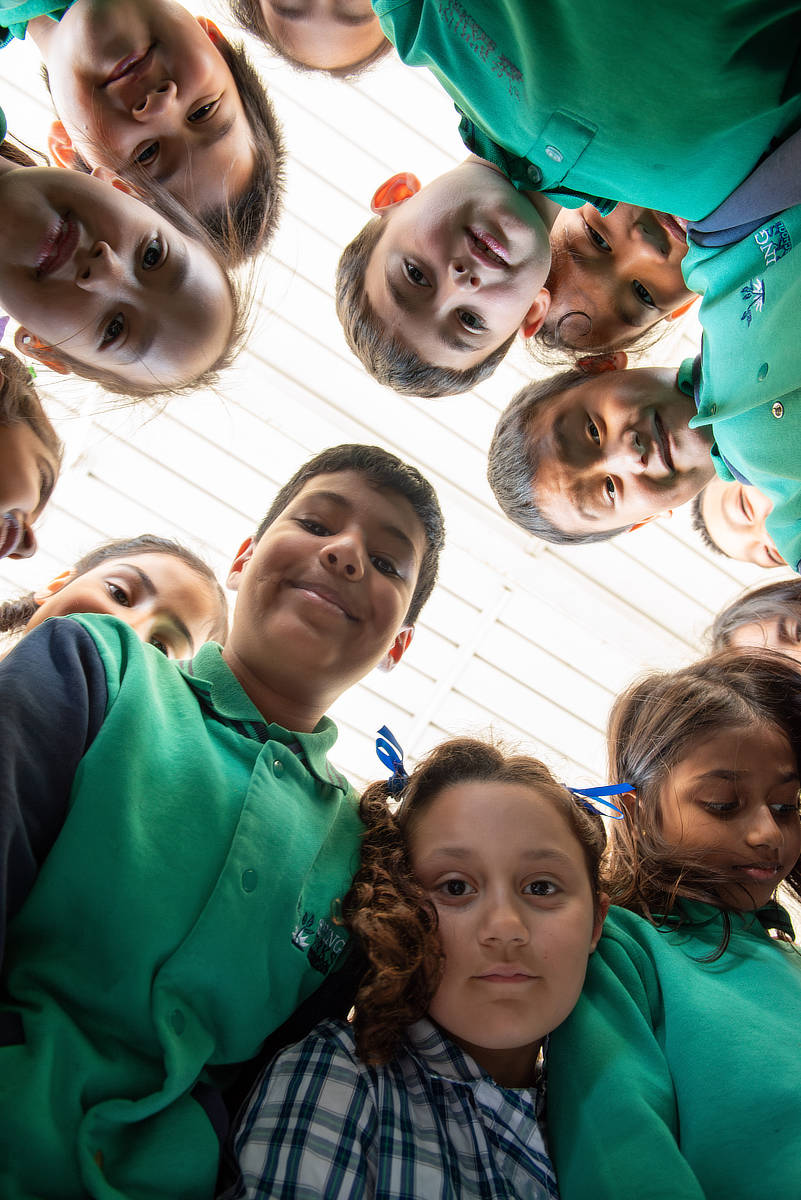
Wellbeing Team
The Wellbeing Team, an integral part of our educational community, is dedicated to cultivating a supportive environment where the holistic well-being of both staff and students is prioritised. Committed to fostering a positive and nurturing atmosphere, this team collaborates closely with educators, administrators, and students to ensure optimal well-being outcomes for all.
Working hand in hand with staff, the Wellbeing Team provides resources, training, and support to create a school culture that values and promotes mental, emotional, and social health.
By fostering open communication and providing tools for self-care, the team enables educators to better navigate the challenges of their roles while maintaining their own well-being.
For students, the Wellbeing Team offers a range of services aimed at addressing individual needs, building resilience, and fostering a sense of belonging. Through targeted interventions,
counselling services, and proactive well-being initiatives, the team strives to create an inclusive environment where every student feels valued and supported on their unique journey.
Lunchtime Activities
Lunchtime at our school is more than just a break; it’s an opportunity for students to engage in a vibrant and inclusive community. Our dynamic lunchtime activities are designed to cater to diverse interests and create a positive social atmosphere.
Table tennis competitions add an exciting dimension to our lunchtime routine, fostering friendly competition and encouraging physical activity. Whether you’re a seasoned player or
a novice looking to try something new, the table tennis tables are a hub of energy and camaraderie.
Peer support students play a crucial role during lunch, providing a supportive and friendly presence for their peers. These students are trained to offer assistance, guidance, and
a listening ear, promoting a sense of community and connection within the student body.
In addition to structured activities, various games and interactive spaces are available, ensuring there’s something for everyone. From board games to outdoor activities, students
have the freedom to choose activities that resonate with their interests, promoting social interaction and a sense of belonging.
